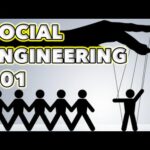
A rational process is a moral process. You may make an error at any step of it, with nothing to protect you but your own severity, or you may try to cheat, to fake the evidence and evade the effort of the quest – but if devotion to the truth is the hallmark of morality, then there is no greater, nobler, more heroic form of devotion than the act of […] Read more »











